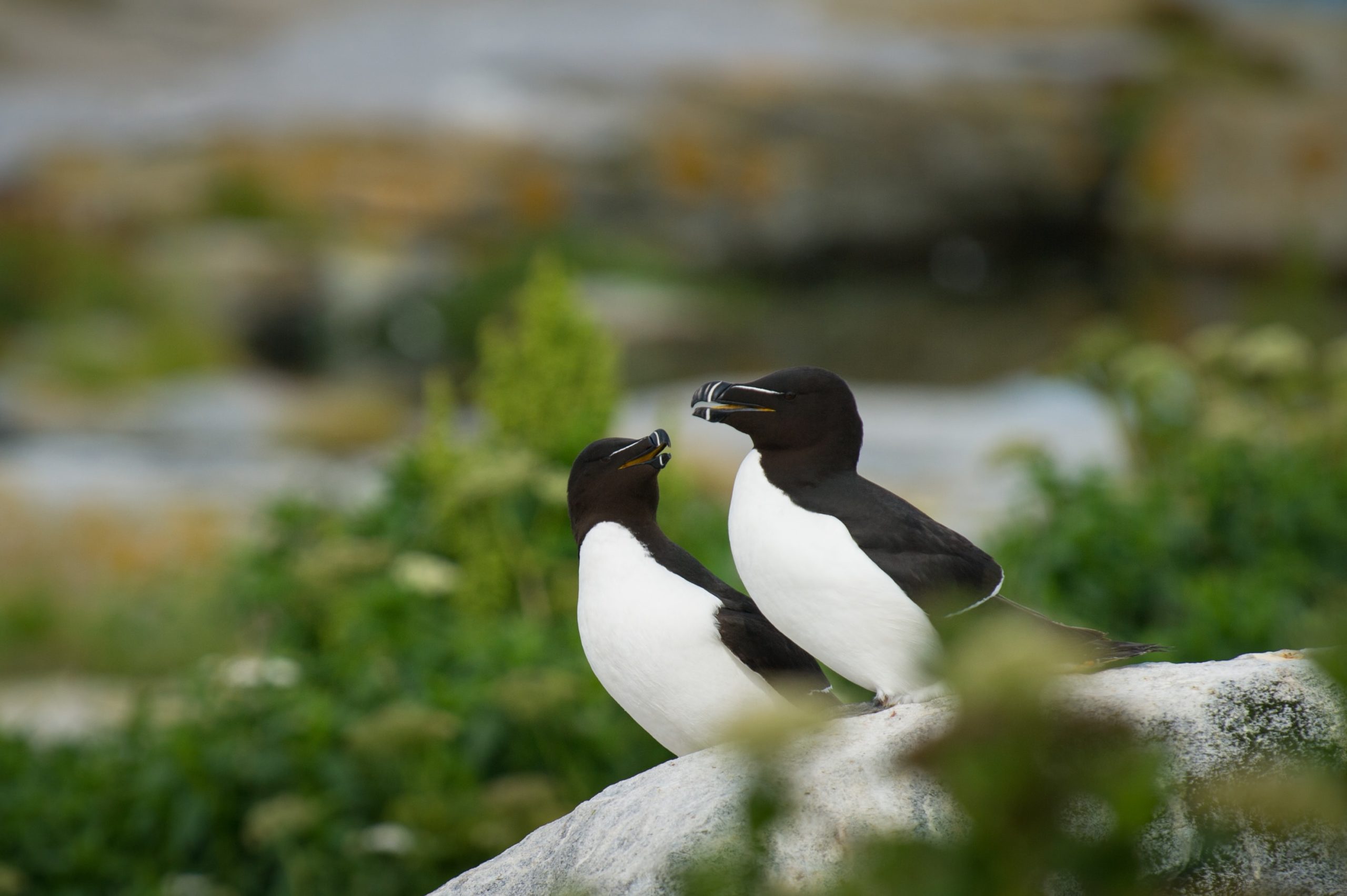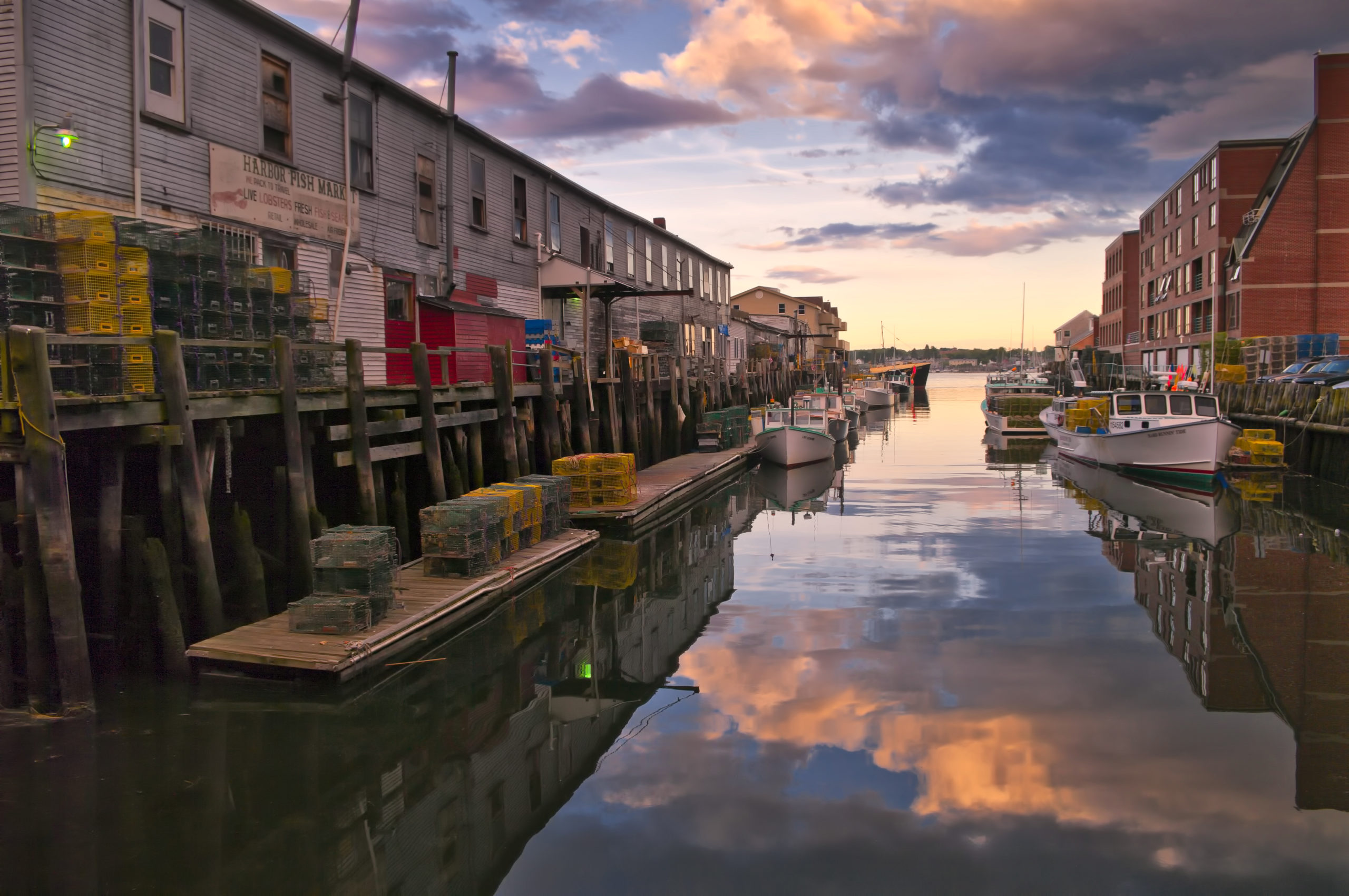ADVISORY COMMITTEE
The Advisory Committee (AC) for the Maine Offshore Wind Roadmap is a high-level strategic body that provided guidance to the Maine Governor’s Energy Office (GEO; now the Maine Department of Energy Resources) on the vision and development of the Roadmap. The AC included public, private, and civil society representatives with a breadth of perspectives from across Maine. The AC assisted GEO to ensure the Working Groups and stakeholder input fulfilled the objectives of the Roadmap.
Members Read More
WORKING GROUPS
Working Groups used the substantive expertise of their members, together with State and consultant support, to develop the core content and inform the Roadmap. Working group descriptions, members, and recommendations are posted below.

The Energy Markets and Strategies Working Group advised and helped to develop components of the Roadmap including renewable energy targets, energy market and trend analyses, analyses of costs and benefits of offshore wind, cost effective development of offshore wind, interconnection and transmission, storage, and related R&D.

The Environment and Wildlife Working Group identified best practices, data gaps, and research needs to avoid, minimize, or mitigate impacts of offshore wind in the Gulf of Maine on wildlife (e.g., birds, bats, marine mammals, other protected species) and address broader habitat impacts.

The Supply Chain, Workforce Development, Ports and Marine Transportation Working Group examined the economic, workforce and infrastructure opportunities and needs to support the offshore wind economy for Maine. This working group was divided into task groups to focus on specific topics, as follows: a) supply chain; b) workforce development; and c) ports and marine transportation.

The Fisheries Working Group provided input into components of the Roadmap that address the potential impacts of offshore wind on fisheries, aquaculture, and marine resources with a focus on strategies to improve existing data and avoid, minimize or mitigate potential adverse impacts, as well as opportunities to improve communication and engagement.